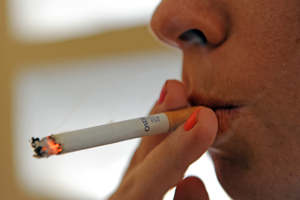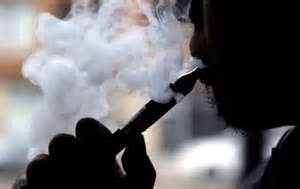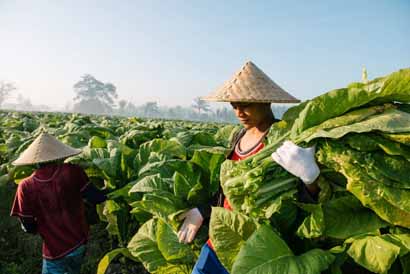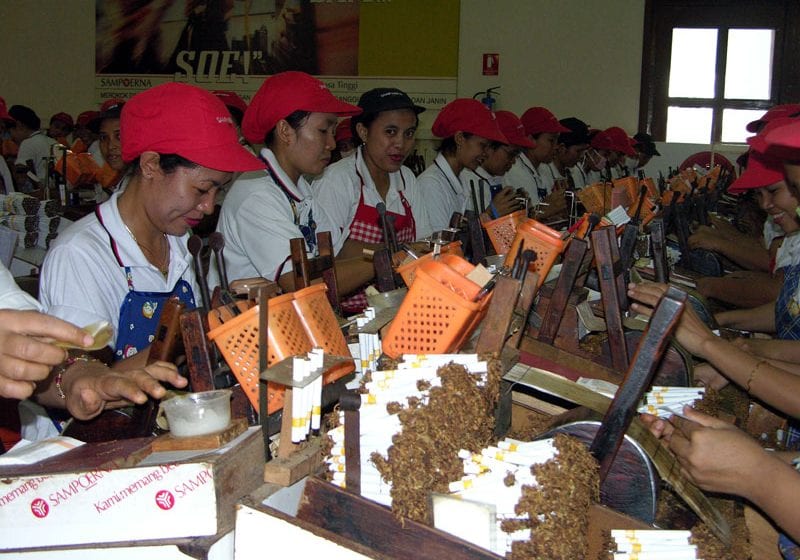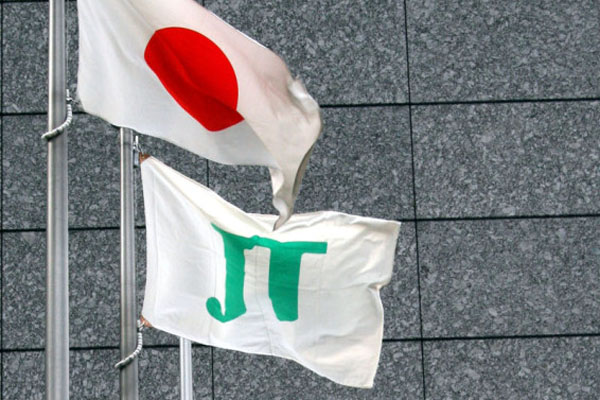Indonesia needs more studies conducted by local researchers to reveal the impact of tobacco consumption on the nation’s health and health care costs, according to a story in The Jakarta Post citing an Antara News Agency report.
“We have often talked about the impact of tobacco use in the country, but we are just quoting information and data on the matter from reports by researchers in foreign countries,” said the Health Minister, Nila Moeloek.
Now that the National Health Insurance (JKN) program had been implemented in Indonesia, it was easier for researchers to conduct studies into the impact of tobacco consumption on public health and the healthcare costs involved in treating tobacco-related diseases, she said.
The Healthcare and Social Security Agency data had shown that 20-25 percent of JKN expenditure went to the treatment of non-communicable diseases related to tobacco consumption, such as cardiovascular diseases and lung cancer.
Nila said a study conducted by the Russian government found that the high incidence of tuberculosis in that country was related to alcohol and tobacco consumption.
“It’s probable that our researchers can conduct such a study given the high number of smokers in Indonesia,” she added.


